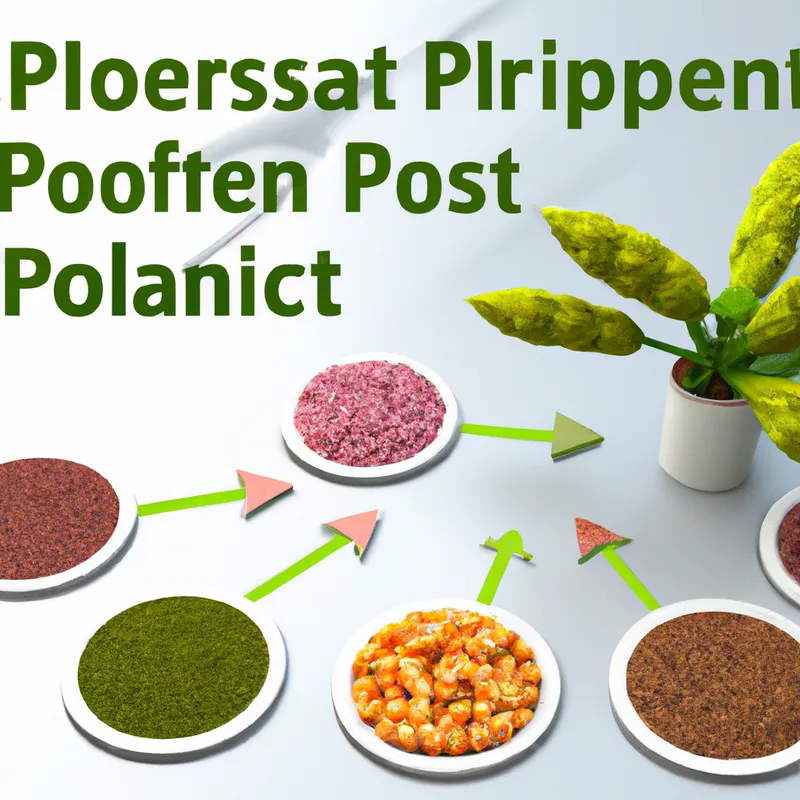Elevate Sustainability with Plant Protein Choices
The Role of Plant Protein in Sustainable Food Systems
As the global population grows, food demand rises. Traditional animal farming struggles to meet this demand, causing environmental issues like deforestation, greenhouse gas emissions, and water scarcity. In this scenario, plant protein offers a sustainable alternative with significant benefits for health, the planet, and food security.
This blog post will explore the role of plant protein in sustainable food systems. We will discuss its benefits, suggest tips for incorporating it into your diet, and provide advice for making sustainable choices.
Understanding Plant Protein
Plant protein comes from legumes, nuts, seeds, and whole grains. These foods supply essential amino acids for human health. Contrary to popular belief, plant proteins can be as nutritious as animal proteins. A balanced diet can provide all necessary nutrients. For instance, combining beans and rice creates a complete protein, offering all essential amino acids in a delicious meal.
The Environmental Impact of Animal Farming
Animal farming significantly contributes to global greenhouse gas emissions. The Food and Agriculture Organization (FAO) states livestock accounts for about 14.5% of global emissions. Cattle farming produces methane, a potent greenhouse gas. In contrast, plant-based diets have a much lower carbon footprint.
Additionally, raising livestock requires extensive land and water resources. For example, producing one pound of beef demands around 1,800 gallons of water, while producing one pound of lentils uses only 1,200 gallons. The environmental toll of animal agriculture includes deforestation, habitat loss, and biodiversity decline. Transitioning to plant protein can help alleviate these pressures and promote sustainable agricultural practices.
The Health Benefits of Plant Protein
Plant protein not only benefits the environment but also supports health. First, it promotes heart health. Diets rich in plant-based foods reduce the risk of heart disease and lower cholesterol levels, mainly due to high fiber content and lack of saturated fats.
Second, plant protein helps with weight management. Foods high in fiber, like beans, lentils, and whole grains, keep you full longer, reducing overall calorie intake. This satiety aids those seeking to lose weight or maintain a healthy weight.
Lastly, plant protein improves digestion. Many plant-based foods are high in fiber, promoting healthy gut bacteria and regular bowel movements. A healthy gut plays a crucial role in nutrient absorption and immune function.
Incorporating Plant Protein into Your Diet
Transitioning to a plant-based diet may seem daunting, but small changes can significantly impact. Here are tips to help you incorporate more plant protein into your meals:
1. **Start with Breakfast**: Replace traditional eggs with tofu scramble, which is packed with protein.
Conclusion
Plant protein plays a vital role in sustainable food systems. Embracing it benefits health, the environment, and food security.
Below are related products based on this post:
FAQ
What are the main sources of plant protein?
Plant protein comes from various sources, including legumes, nuts, seeds, and whole grains. These foods provide essential amino acids necessary for human health and can be as nutritious as animal proteins when consumed as part of a balanced diet.
How does plant protein contribute to environmental sustainability?
Plant protein has a significantly lower carbon footprint compared to animal farming. Animal agriculture contributes to greenhouse gas emissions, deforestation, and water scarcity, while plant-based diets require fewer resources, helping to alleviate environmental pressures.
What are some health benefits of incorporating plant protein into my diet?
Incorporating plant protein can promote heart health by reducing cholesterol levels, assist with weight management by providing long-lasting satiety, and improve digestion through high fiber content, which supports healthy gut bacteria and regular bowel movements.















Post Comment